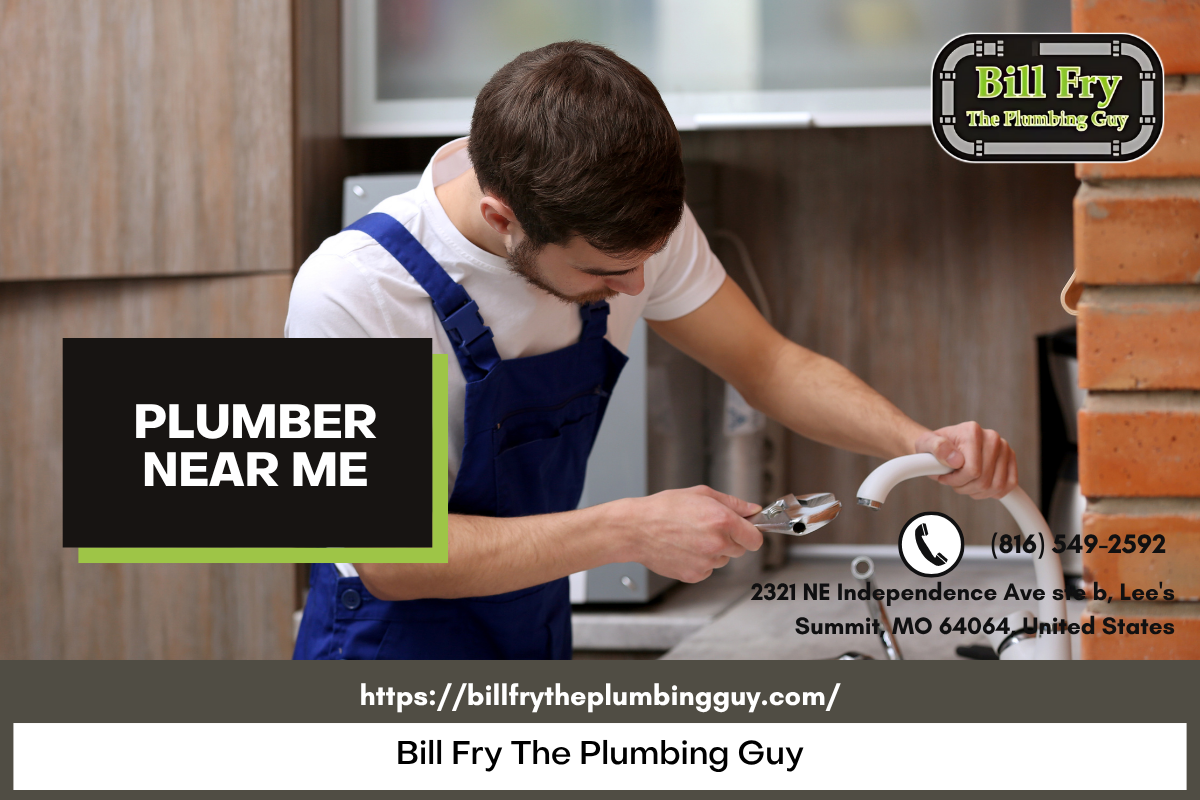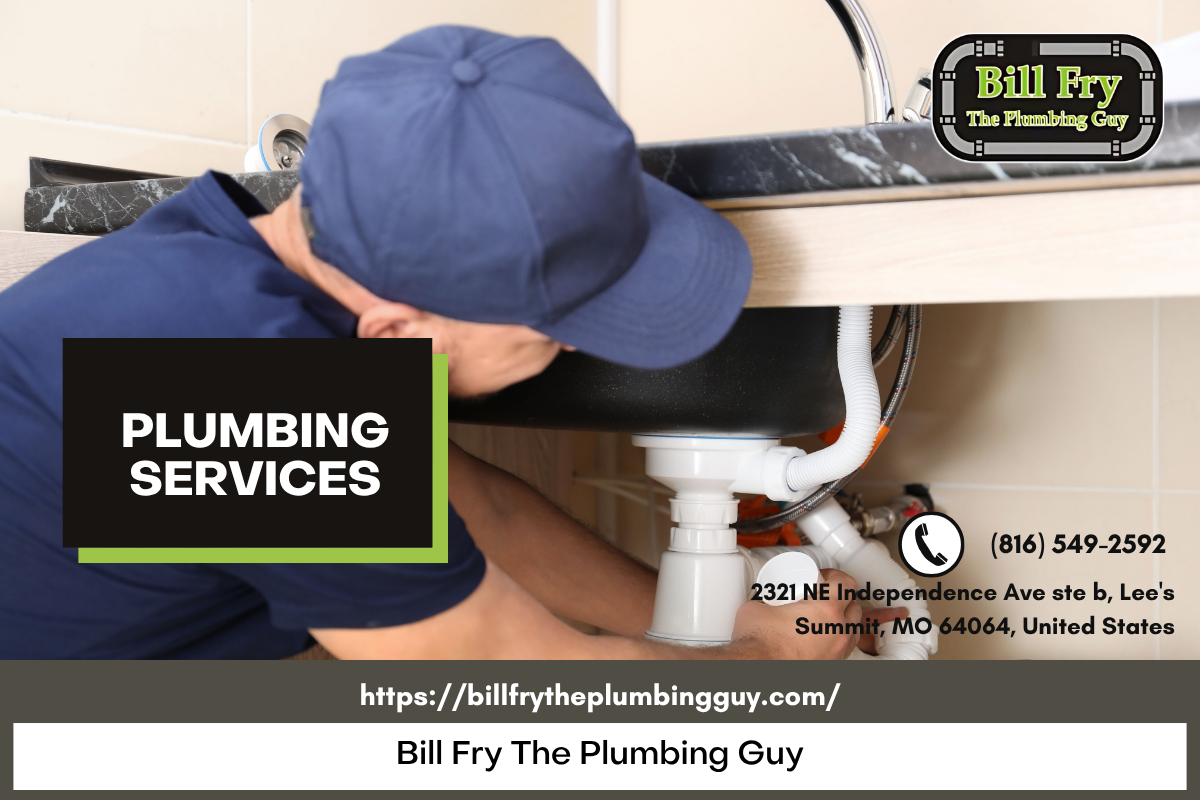


Introduction
In the hustle and bustle of daily life, plumbing often takes a back seat in home maintenance discussions. However, understanding the importance of regular plumbing inspections can save both time and money in the long run. With potential issues lurking within your pipes, it’s crucial to know how often you should schedule a plumbing inspection. In this article, we’ll provide insights from professionals—plumbers who have dedicated their careers to ensuring our homes function smoothly. By the end of this guide, you'll have a comprehensive understanding of plumbing inspections, their timing, and how they can benefit you.
How Often Should You Schedule a Plumbing Inspection? Insights from Pros
Scheduling a plumbing inspection may not seem urgent, but it is essential for maintaining the integrity of your home’s plumbing system. Professionals recommend having an inspection at least once every one to two years. This frequency allows plumbers to identify potential problems before they escalate into costly repairs.
Why Regular Inspections Matter
Regular inspections are critical for several reasons:
Preventive Maintenance: Just like regular check-ups at the doctor’s office help maintain health, routine plumbing inspections can prevent minor issues from snowballing into major ones. Cost-Effectiveness: Catching leaks or corrosion early can save homeowners substantial amounts in repair costs. Home Value Protection: A well-maintained plumbing system contributes positively to your home’s value. Safety Concerns: Old pipes can lead to unsafe drinking water or structural damage.Factors Influencing Inspection Frequency
The frequency with which homeowners should schedule plumbing inspections may vary depending on several factors:
1. Age of Your Home
Older homes often have outdated plumbing systems that might require more frequent assessments compared to newer constructions.
2. Material of Plumbing Pipes
Different materials have varying lifespans and susceptibility to wear and tear—copper pipes last longer than PVC or galvanized steel.
3. Previous Issues
If you’ve encountered significant plumbing issues in the past, higher inspection frequency may https://zenwriting.net/godellfbld/why-you-should-choose-local-plumbers-in-lees-summit be warranted.
4. Local Environmental Conditions
Areas prone to flooding or extreme weather may require more frequent inspections due to increased wear on plumbing systems.
What Happens During a Plumbing Inspection?
Understanding what happens during an inspection can help demystify the process:
Visual Inspection: Plumbers will begin with a thorough visual check of all accessible pipes. Pressure Testing: They may test water pressure levels throughout your home. Leak Detection: Specialized equipment is used to detect hidden leaks. Camera Inspections: For hard-to-reach areas, plumbers might employ video cameras to inspect pipes' interiors. Water Quality Testing: Assessing for contaminants that could affect health.Common Plumbing Problems Identified During Inspections
During routine checks, plumbers often uncover various issues:
- Leaky Faucets and Toilets Corroded Pipes Clogs and Blockages Water Heater Issues Sewer Line Problems
DIY vs Professional Inspections
You might wonder if you can handle some aspects of your plumbing inspections yourself; here are some pros and cons:
Pros of DIY Inspections
- Cost-saving Familiarity with your system
Cons of DIY Inspections
- Lack of expertise Missed underlying issues
Hiring professionals such as Lees Summit plumbers ensures thoroughness and accuracy in identifying potential problems.
FAQs About Plumbing Inspections
1. How much does a plumbing inspection cost?
Costs vary depending on location and complexity but generally range from $100 to $300 for a basic inspection.
2. Can I do my own plumbing inspection?
While basic checks are possible, professional evaluations are recommended for thoroughness and safety.
3. What signs indicate I need an immediate inspection?
Signs include unexplained water bills, damp spots on walls or ceilings, or foul odors near drains.
4. How long does an inspection take?
Typically, inspections last between 1-2 hours based on the home's size and condition.
5. Are there any warranties associated with inspections?
Some plumbing services offer warranties for work performed during inspections—always ask about these details!
6. How do I find reputable plumbers near me?
Look for reviews online or ask for recommendations from neighbors regarding trusted local service providers like plumbing services Lees Summit.
Conclusion
Understanding how often you should schedule a plumbing inspection is crucial for maintaining your home's integrity and safety. By adhering to expert recommendations—every one to two years—and being proactive about any issues that arise, you can save yourself time, hassle, and money down the line.
With proper maintenance facilitated through regular inspections by qualified professionals such as plumbers Lees Summit, you ensure that your home remains a safe haven for years to come. Remember that when searching for “plumber near me,” seeking out experienced service providers will guarantee peace of mind as they uphold the quality and functionality of your home's essential systems.
This article serves as an extensive guide designed not just to inform but also empower homeowners like you about making informed decisions regarding their plumbing needs! Embrace these insights from pros seriously; after all, it’s better safe than sorry!